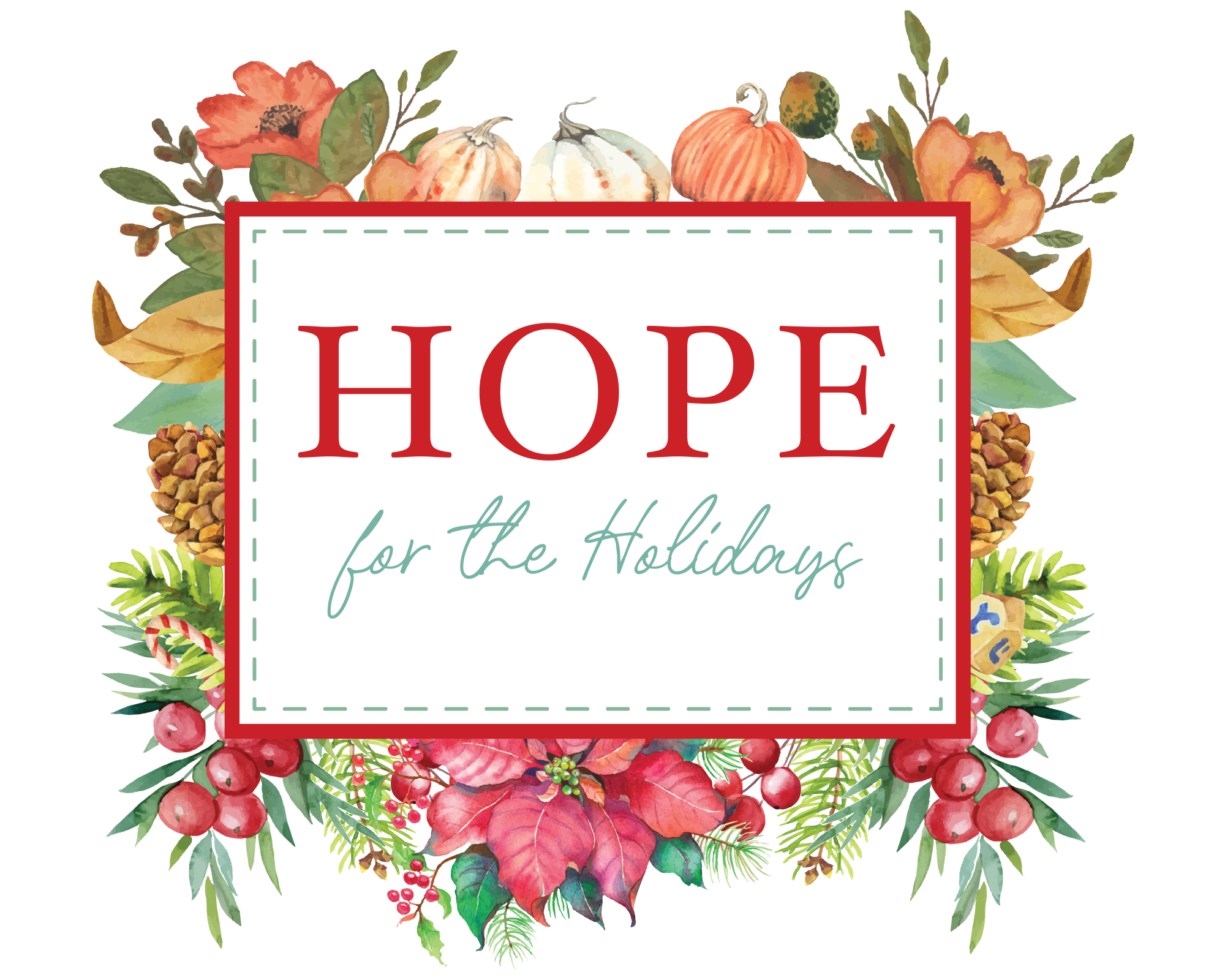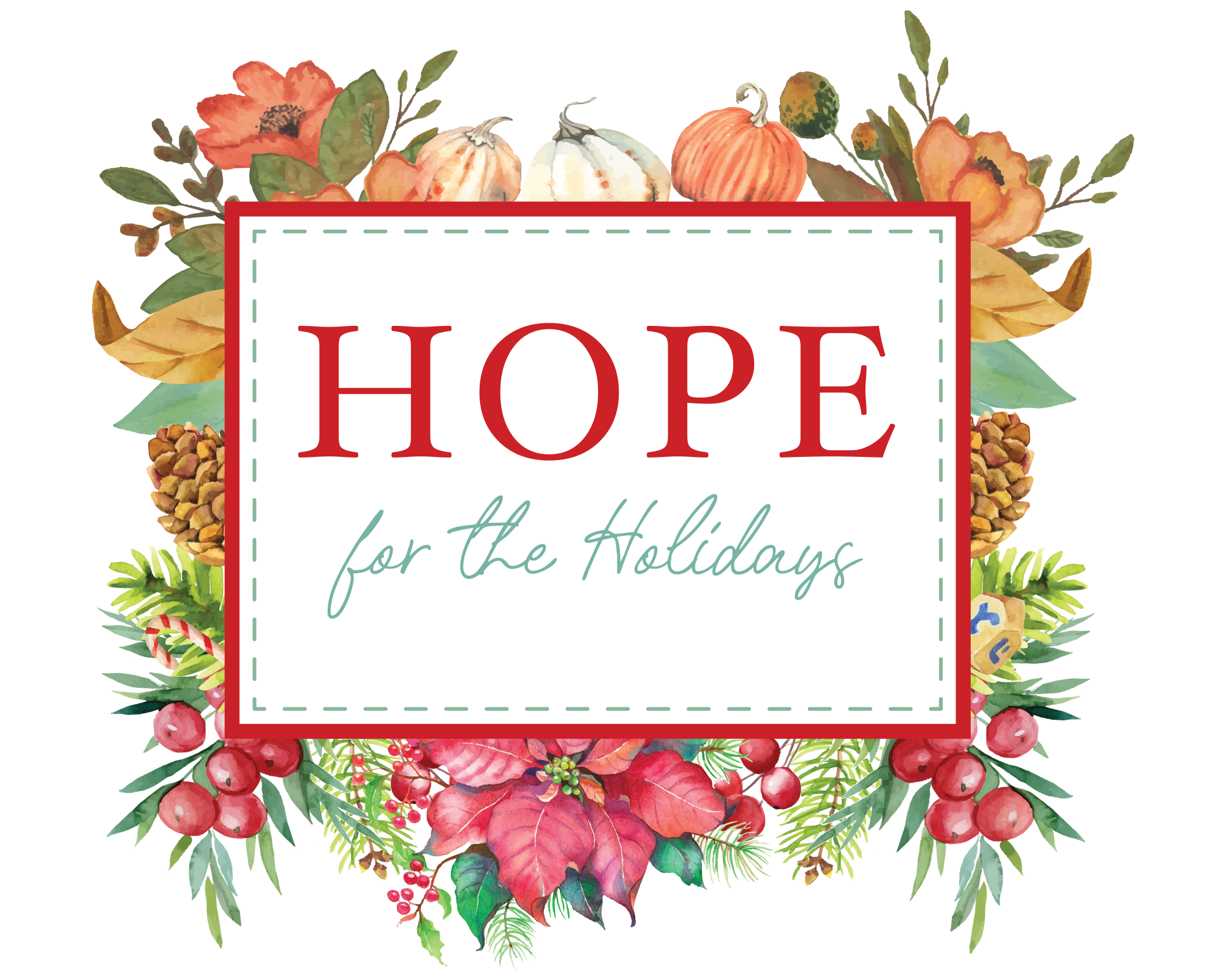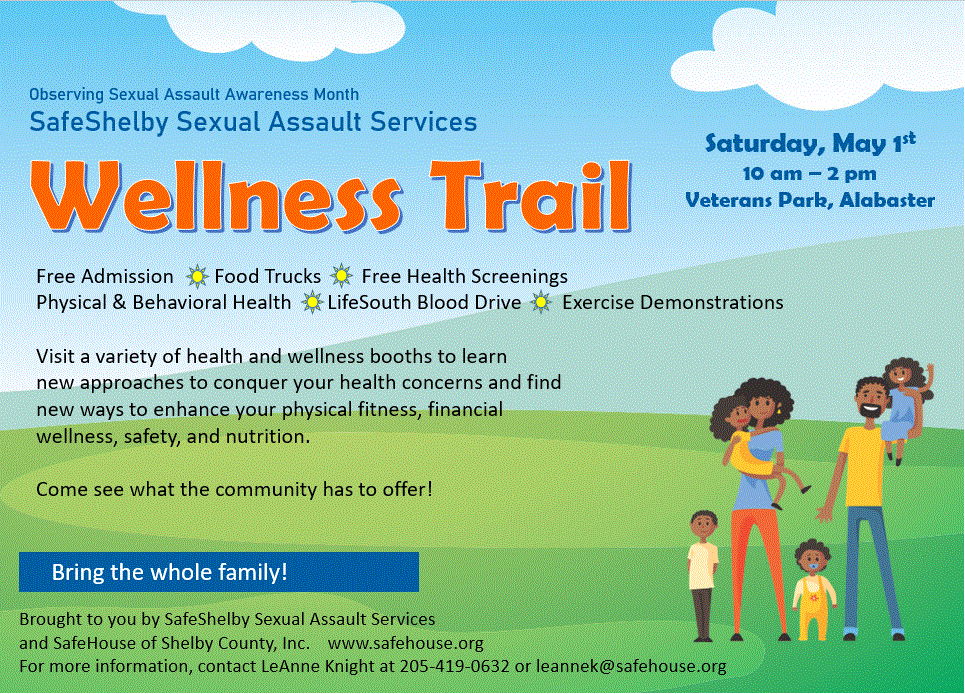A grief support group for those who lost a child aged 18 or older. To be held on Tuesdays, June 4 – July 30 at Dawson Memorial Baptist Church, North Building, Room 258. No session on July 4th.
Community Grief Support Adult Child Loss Group
Featured – Mental Health
Healthy Living
Brought to you by: Community Partner Compact, www.compact2020.com
 Stress is a normal part of life and is the body’s reaction to pressure from a certain situation or event. A person can react to stress physically, mentally, or emotionally. Everyone deals with stress at some point in life. Maybe it’s the pandemic, your job, a family illness, or money troubles causing stress. According to a recent study, about half of Americans say they are dealing with moderate stress. Here are four tips to help reduce stress anxiety.
Stress is a normal part of life and is the body’s reaction to pressure from a certain situation or event. A person can react to stress physically, mentally, or emotionally. Everyone deals with stress at some point in life. Maybe it’s the pandemic, your job, a family illness, or money troubles causing stress. According to a recent study, about half of Americans say they are dealing with moderate stress. Here are four tips to help reduce stress anxiety.
1. Focus on positive things
2. Exercise and eat healthy
3. Stay alcohol and drug free
4. Talk about your experience and feelings
Chronic Stress. The physical effects of stress do not usually last long. However, some people find themselves in a constant state of heightened alertness known as chronic stress. When someone is under chronic stress, it begins to affect their physical or mental health. Chronic stress increases the risk of developing health problems including obesity, diabetes, heart disease, cancer, and a weakened immune system. Chronic stress can make functioning daily more challenging. The first step in dealing with chronic stress is recognizing and admitting it exists. Next, find time to develop and implement strategies to manage stress. Social support from family and friends can also be a helpful tool.
Stress Triggers. Being aware of what triggers your stress increases your ability to either prevent stress or to more effectively handle it. If you often experience stress, we encourage you to take some time to consider what tends to set it off for you. See if there are some things within your control to manage better. Recognize that some triggers are beyond your control. While these challenges might not have easy solutions, you can still learn and grow from the experience. It can teach you to look honestly at situations, experience the emotions a situation brings up, and search within yourself for answers. This process can bring surprisingly positive outcomes.
It is essential for parents to model effective stress management and coping skills. How can you help your child develop a healthy relationship with stress and avoid stress overload?
- Teach your child that stress is normal and healthy and can be handled in a positive manner if given the tools.
- Allow your child to express his or her feelings.
- Promote good nutrition and exercise during early years so they become habits for a lifetime.
- Teach them the value of forgiveness for themselves and others.
For more helpful information from Compact, visit Facebook @Compact2020 or call 205-605-1827. To read more articles like this one, visit www.BirminghamChristian.com/COMPACT. †
Here’s to your Health
Brought to you by: Community Partner Compact, www.compact2020.com
 Did you know big things are happening in the brain during adolescence and that the brain isn’t fully developed until the mid-twenties? Studies show that adolescence is a unique phase in development in which the reward center of the brain is more active or tends to shout louder than the logical portion. The logical portion is the front part of the brain called the pre-frontal cortex. It is one of the last brain regions to mature. This area is responsible for skills like planning, prioritizing, and controlling impulses. The reward or pleasure-seeking portion of the brain is what tends to take charge in the teenage years- especially during stressful times. Because the logical skills are still developing and the reward center takes a lead in decision making, teens are more likely to engage in risky behaviors or make decisions without considering the potential results.
Did you know big things are happening in the brain during adolescence and that the brain isn’t fully developed until the mid-twenties? Studies show that adolescence is a unique phase in development in which the reward center of the brain is more active or tends to shout louder than the logical portion. The logical portion is the front part of the brain called the pre-frontal cortex. It is one of the last brain regions to mature. This area is responsible for skills like planning, prioritizing, and controlling impulses. The reward or pleasure-seeking portion of the brain is what tends to take charge in the teenage years- especially during stressful times. Because the logical skills are still developing and the reward center takes a lead in decision making, teens are more likely to engage in risky behaviors or make decisions without considering the potential results.
Anxiety Vulnerability. According to the National Institutes of Health, nearly one in three of all adolescents will experience an anxiety disorder. According to the CDC, anxiety is at its highest in youth between 12 to 17 years old. These numbers have been on the rise for many years. Hospital admissions for suicidal teenagers have more than doubled over the past decade. Due to the big changes the brain is undergoing during these years, teens are more vulnerable to issues with emotion regulation such as anxiety and depression. Be aware of the potential signs of anxiety including:
- Recurring fears and worries
- Changes in behavior
- Avoiding activities, school or social interactions
- Dropping grades
- Trouble sleeping
It is important to talk with teens about potential stressors and help them keep perspective and find ways to cope.
Drug Vulnerability. As a teen’s brain develops, drugs can damage the way they process experiences. The specific effect depends on the type of drug being used. There are three main categories of drugs- each with a different set of effects on the brain.
1. Stimulants: Cause teen brains to produce an unnatural amount of energy causing heart racing, rising body temperature, and fast breathing.
2. Depressants: Cause decrease in energy, slows breathing and heart rates, and lowers body temperature.
3. Hallucinogens: Affect the brain’s perception of reality. Teens that use them can have delusional thoughts.
The good news is that the brain is ready to learn. It can change, adapt, and react to the environment. It is resilient and responds quickly to treatment. For more information, visit Facebook @Compact2020 or call 205-605-1827. To read more articles like this, visit www.BirminghamChristian.com/COMPACT. †
After the loss of a loved one, the first holiday season can bring on a great deal of stress, anxiety, depression, anger, and sadness. Community Grief Support is offering 3 free “Hope for the Holidays” workshops to help those who are facing their first holidays as a loss survivor. The workshops are offered in two different locations and virtually. Learn more here.
After the loss of a loved one, the first holiday season can bring on a great deal of stress, anxiety, depression, anger, and sadness. Community Grief Support is offering 3 free “Hope for the Holidays” workshops to help those who are facing their first holidays as a loss survivor. The workshops are offered in two different locations and virtually. Learn more here.
After the loss of a loved one, the first holiday season can bring on a great deal of stress, anxiety, depression, anger, and sadness. Community Grief Support is offering 3 free “Hope for the Holidays” workshops to help those who are facing their first holidays as a loss survivor. The workshops are offered in two different locations and virtually. Learn more here.
Here’s to your Health
 Brought to you by Community Partner COMPACT, www.compact2020.com
Brought to you by Community Partner COMPACT, www.compact2020.com
Every day, the world on the internet changes. From Tiktok dances to devastating news about a social media icon, the world on the internet can seem overwhelming to parents but it is the reality kids live in today. Sitting down with your child and explaining to them how to separate themselves from this world by putting down their devices and engaging with someone face to face is important. This will take away a lot of stress in their lives. Today’s most successful social media apps work hard on improving and growing the amount of people they can bring to their platform while maximizing the amount of time a person spends on their platform. The more time a person spends, the more ads they can run and the more likely they make a profit off their product. In the end, it’s a matter of business.
How social media becomes stressful. Even if you know that images you are viewing on social media are manipulated, they can still make you feel insecure about how you look or what’s going on in your life. We are all aware that other people tend to share the highlights of their lives rather than the low points that everyone experiences. But this doesn’t lessen the feelings of envy and dissatisfaction when scrolling through a friend’s photo of a beach trip. A study at the University of Pennsylvania found that a high usage of Facebook, Snapchat, and Instagram increases rather than decreases feelings of loneliness.
Ways to limit social media use and improve mental health. A 2019 University of Pennsylvania study found that reducing social media use to 30 minutes a day resulted in a significant reduction in levels of anxiety, depression, loneliness, sleep problems and fear of missing out. However, you don’t need to cut back on your social media use that drastically to improve your mental health. The same study concluded that just being more mindful of your social media use has beneficial results on your mood and focus.
Four tips on reducing your social media use.
- Use an app to track how much time you spend daily on social media
- Turn off your phone at certain times during the day
- Don’t bring your phone or tablet to bed
- Disable social media notifications and try removing social media apps from your phone
For more information on social media use, visit us on Facebook @Compact2020 or call 205-605-1827. †
Special Feature

This holiday season, Homewood’s Community Grief Support (CGS) is celebrating the lives of those we’ve lost in our community. At a time when there has been so much grief due to the COVID-19 pandemic, and other losses, the Homewood community as well as all of Birmingham needs a positive way to find hope and healing.
The ‘Tree of Lights’ memorial, taking place this November and December, will honor our late loved ones with the lighting of a 12-foot holiday tree in Homewood’s Central Park, at the corner of Oxmoor Road and Central Ave., in one of the most visible locations in the city. Like the tradition of Homewood residential streets lined with miniature holiday trees, our large “Tree of Lights” in Central Park will mimic the twinkling lights–not just bringing cheer to residents and those who pass by–but honoring those who have passed on.
“This has been an idea that we’ve been thinking about for a long time, and this holiday season, all the pieces came together perfectly for us to place the first tree in Central Park. In the future, we hope to spread out to other communities in the Birmingham area. We believe that the ‘Tree of Lights’ will bring the community of Homewood and Birmingham together to provide a much needed memorial and balm for our losses,” said Lisa Sims Harrison, administrative director of Community Grief Support.

Donors and passersby can sponsor a light and receive gifts in memory of their loved one(s) through various donation opportunities:
- $25 donation receives memorial card sent to up to three addresses of your choice in the name of a lost loved one and sponsorship of a light on the tree.
- $75 donation receives handmade pottery luminary by Alabama artist Lisa Howard with candle to light your own home and sponsorship of a light on the tree.
- $100 donation receives beautiful, antique gold personalized ornament with velvet ribbon for your tree, a permanent holiday reminder of this special memorial, and sponsorship of a light on the tree.
All proceeds go to provide completely free: individual, couples and family grief counseling; loss-specific grief support groups; and community grief education programs such as “Hope for the Holidays” sessions for those who are facing their first holiday after a loss. For more information about the Tree of Lights please call CGS at 205-870-8667 or click here. †
Visit a variety of health and wellness booths to learn new approaches to conquer your health concerns and find new ways to enhance your physical fitness, financial wellness, safety, and nutrition. Event takes place on May 1 from 10 a.m.-2 p.m. at Veteran’s Park Alabaster, 7305 Hwy 119, 35007. Learn more here.
- Free Admission
- Food Trucks
- Free Health Screenings
- Physical & Behavioral Health
- LifeSouth Blood Drive
- Exercise Demonstrations








